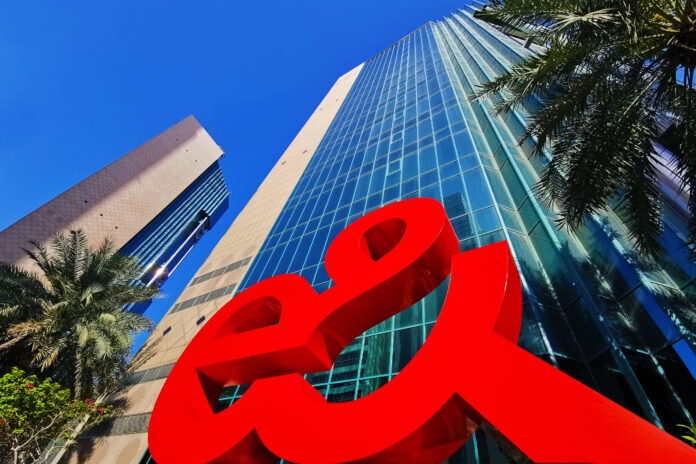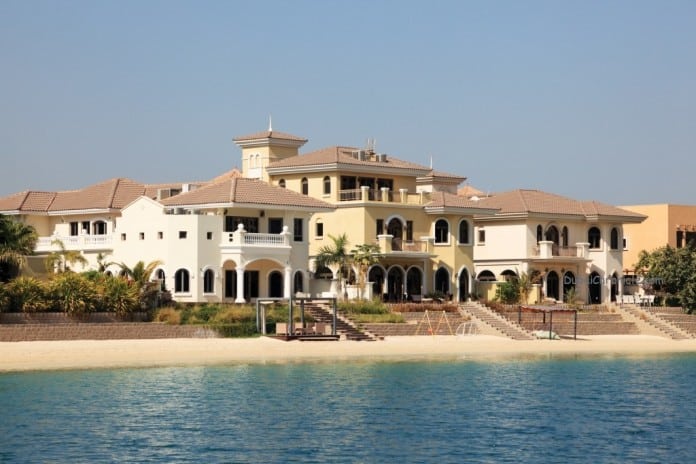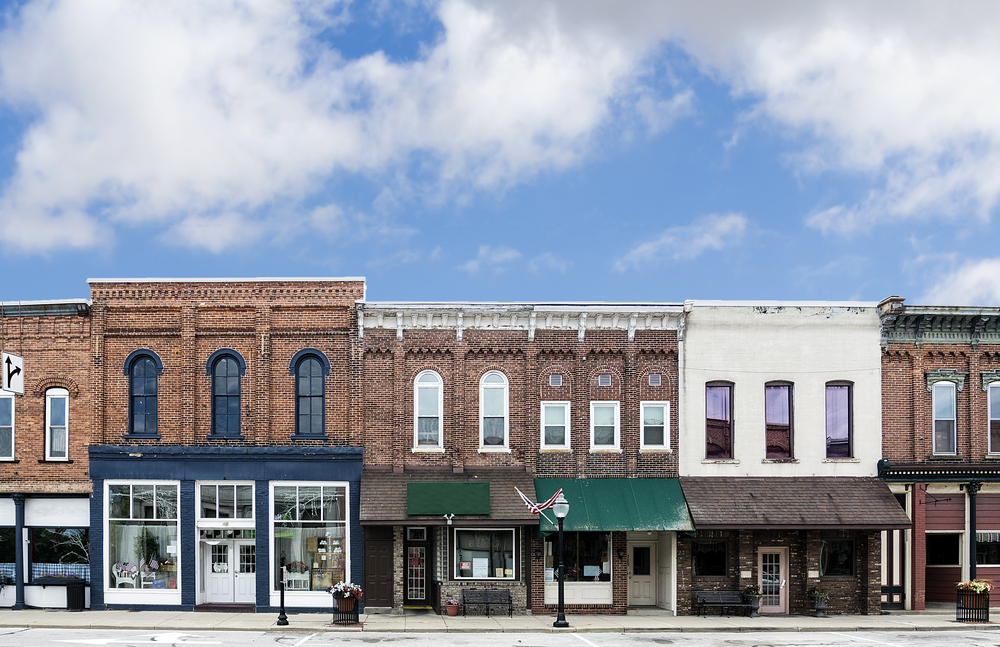[ad_1]
Israel on Sunday stepped up efforts to prevent Israeli protesters from blocking the flow of aid into Gaza, two days after the United Nations’ highest court said it must allow more supplies to get into the enclave.
The Israeli military has declared the area around a border crossing into Gaza a closed military zone in a bid to stop the protests that have for several days impeded the movement of aid through the only open crossing between Israel and Gaza. The decision was made Saturday night, but only publicly announced Sunday afternoon.
Dozens of protesters had been blocking the Kerem Shalom crossing in southern Israel since Wednesday, arguing that no humanitarian assistance should pass through into Gaza until Hamas releases all of the captives it is holding there.
The International Court of Justice in The Hague, making an interim ruling in a case in which Israel is being accused of genocide in Gaza, on Friday ordered the delivery of more humanitarian aid to Palestinians, and called for the release of hostages being held by armed groups in the enclave.
Before the military announced the closed zone, many protesters had walked through open fields to bypass police roadblocks, thwarting efforts by the Israeli authorities to stop them, according to footage posted online by a group behind the demonstrations. A few trucks managed to enter Gaza before the protesters arrived at the crossing, according to Israeli news media reports.
The military order is meant to bar access to all unauthorized people and will remain in force through Feb. 3.
The protests at the Kerem Shalom crossing have forced scores of aid trucks to reroute through Egypt, with only a few making it through the crossing, according to the United Nations.
The United Nations said on Friday that protesters had blocked trucks containing flour, food, hygiene items, tents and other goods from accessing Gaza for two days, adding that the inability to deliver aid would “exacerbate the already dire humanitarian situation of those in need of assistance.”
Israel opened the crossing at Kerem Shalom in December after pressure from the United States to speed up the flow of humanitarian aid into Gaza, where most of the territory’s 2.2 million civilians are enduring dire shortages of food, water and supplies. At the time, Israel said it was committing to 200 trucks a day, but the rate of entry has fallen short of that goal.
Kerem Shalom is one of two border crossings through which aid has been allowed to enter Gaza; most of it transits through the Rafah crossing with Egypt. The United Nations said that since its reopening, about a fifth of the aid has been going through Kerem Shalom.
Video footage filmed by the Israeli news media and reposted on social media by the group behind the demonstrations showed Israeli security forces standing by as protesters at the crossing on Sunday waved Israeli flags and chanted through megaphones that no aid would pass through until all the hostages are returned.
The protest came as American-led negotiators have developed a written draft agreement that calls for the phased release of captives held by Hamas in exchange for a cessation in Israel’s military offensive for about two months. That framework will be the subject of talks in Paris on Sunday.
Prime Minister Benjamin Netanyahu of Israel was asked at a televised news conference on Saturday night why Israel was not conditioning the entry of aid into Gaza on a humanitarian gesture from Hamas’s side. He replied that without allowing in “minimal” humanitarian aid, Israel would not be able to complete its mission or achieve its war goals.
Gabby Sobelman and Nada Rashwan contributed reporting.
[ad_2]
Source link





















